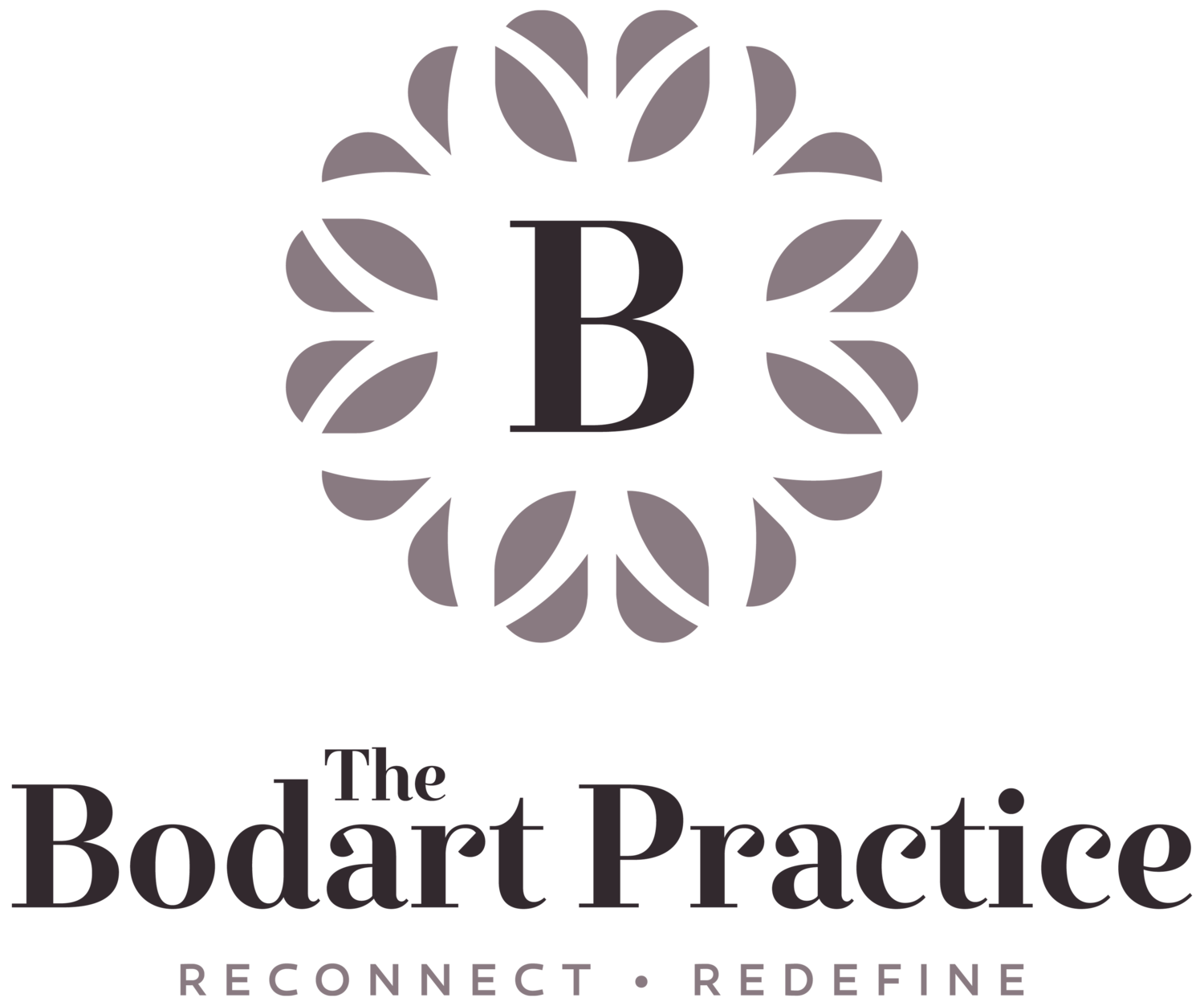When we talk about trauma, we often focus on single events that have happened to individuals. However, we rarely see this through a community lens. What does collective trauma, such as war, slavery, and genocide, do to societies? How do these events impact the lives of more than just those who come into direct contact with them?
I recently attended a (virtual) conference on Intergenerational Trauma, something which is particularly topical with our current political and social climate. Quite rightly, we have developed the language, particularly in therapy, to discuss, conceptualise, and treat ‘visible victims’ of trauma: those who have come into direct contact with events that have threatened their physical or existential safety. However, one speaker talked about the younger generation in Northern Ireland, who have particularly high rates of suicide, domestic violence, undiagnosed PTSD and more. These people did not live through the direct conflict of The Troubles, but their parents did. These are the invisible victims of trauma.
So how is trauma ‘passed down’ through generations? A common question is ‘Nature or nurture?’. Research suggests it is both. One route is through PTSD impacting on victims’ relationship with their children. Parents who have experienced violence in their own lives may feel detached and find it difficult to form bonds with their children, or may enact violence themselves. Another route is through the ‘epigenetic transmission’ of trauma, i.e. passed on in your genes. Research has shown genetic changes in trauma survivors which can affect sperm in men and placenta in pregnant women. One study found that infants of pregnant women who witnessed the 9/11 attacks in the U.S. went on to have lower cortisol levels themselves, a risk factor for PTSD.
Furthermore, even when people are not victims of genocide or violence, they can experience a ‘cultural genocide’. During the Native American genocide in the late 1400s/early 1500s, the Native American population was reduced by a shocking 95-99%. The offspring of the surviving native population were often sent to boarding schools to become ‘westernised’, erasing their identity, resulting in cultural shame and self-hatred. Some communities will also face intergenerational trauma as well as direct trauma. The black community may be impacted by the intergenerational trauma from their ancestors experience of slavery, as well as ongoing trauma resulting from individual and institutional racism they experience personally.
Positively, resilience from overcoming adversity is also passed on through genes. New environments can also mean new genetic changes. Research has shown that therapy also mutates genes. And one speaker at the conference had a simple powerful message for therapists: Instead of asking your black clients ‘what’s wrong with you’, ask them ‘what happened to you?’. This is more likely to reveal the invisible wounds left by their trauma.
But whether you are in therapy or not, you may be feeling stuck in understanding your pain or distress, and like you can’t find the ‘missing piece’. An important step might be to think about how your family history could impact you now; perhaps you could start with a family tree. You might just find some of the jigsaw in the leaves.
Written by Dr Harriet Rankin, clinical psychologist
Photo by Roman Kraft on Unsplash


